Začiatkom r 2010 svetové tlačové agentúry informovali o neúčinnosti Ginko biloby pri Alzheimerovej chorobe. K tomuto diskreditatívnemu a bleskovému dezinformovaniu verejnosti sa pridala aj slovenska tlač, žiaľ, vrátane niektorých (vraj)optimálnych portálov o zdraví.
Odborníci z University of Pittsburgh po 8 ročnej namáhavej drine prišli k záveru, že 120 mg Ginko biloby denne nemá voči Alzheimerovi účinok.
Pri tej 8 ročnej drine, si odborníci neuvedomili, že:
1. Ich štúdia je sponzorovaná federálnou vládou, konkrétne ministerstvom zdravotníctva. To je, ako vieme zo strategického menežmentu, kontrolované farmaceutickým priemyslom, ktorý nemá záujem, aby Ginko biloba mala účinok.
2. Ginko biloba je v metabolickej medicíne jedným s viacerých komponentov protokolu liečby Alzheimerovej choroby, keďže metabolická liečba je komplexná a celostná. Inými dôležitými komponentami sú okrem iného vysoké dávky vitaminu C, vitamínov B, minerálov, enzýmov, ľanového oleja a pod.
3. Metabolická medicína používa najmenej 240 mg Ginko biloby denne.
4. Mnohé, a z nich mnohé ortodoxné, štúdie predtým opakovane potvrdili účinok Ginko biloby pri liečbe Alzheimera a cirkulačných ochorení.
Preto,
S poľutovaním musíme skonštatovať, že táto štúdia sa priradila k skupine diskreditačných informácií, ktoré sú zbraňami farmaceutickeho priemyslu a nimi platených médií, ktoré už aj verejne vyhlasujú vojnu prírodnej medicíne, ktorá je prirodzenou hrozbou pre ich astronomické zisky. Prírodná medicína, ktorá tu bola tisíce rokov pred ortodoxnou, je a bude pre ňu skutočnou hrozbou, keďže počet ľudí, odvrácajúcich sa od chémie a prikláňajúcich sa naspäť k prírode, rapídne rastie, tvrdia renomované ekonomicke organizácie (Pricewaterhousecoopers).
ZDROJE (Alzheimer)
1. Dmasio AR. Alzheimer’s disease and related dementias. In: Bennett CJ, Plum F, eds. Cecil textbook of medicine. 20th edn. Philadelphia, PA: WB Saunders. 1996: p 1992–1996
2. Markesbery WR. Oxidative stress hypothesis in Alzheimer’s disease. Free Radical Biol Med 1997; 23: 134–147
3. Shin RW. Interaction of aluminum with paired helical filament tau is involved in neurofibrially pathology of Alzheimer’s disease. Gerontol 1997; 43(suppl 1): 16–23
4. Zapatero MD, Garcia de Jalon A, Pascual F et al. Serum aluminum levels in Alzheimer’s disease and other senile dementias. Biol Trace Element Res 1995; 47: 235–240
5. Frolich L, Riederer, P. Free radical mechanisms in dementia of the Alzheimer’s type and the potential for antioxidative treatment. Drug Res 1995; 45: 443–446
6. Walton J et al. Uptake of trace amounts of aluminum into the brain from drinking water. Neurotoxicology 1995; 16: 187–190
7. Garcia CA, Reding MJ, Blass JP. Over diagnosis of dementia. J Am Ger Soc 1981; 29: 407–410
8. Smith JS, Kiloh LG. The investigation of dementia. Results in 200 consecutive admissions. Lancet 1981; 1: 824–827
9. Weinreb HJ. Fingerprint patterns in Alzheimer’s disease. Arch Neurol 1985; 42: 50–54
10. Kuller LH. Hormone replacement therapy and its potential relationship to dementia. JAGS 1996; 44: 878–880
11. Paganini-Hill A. Oestrogen replacement therapy and Alzheimer’s disease. Br J Obstet Gyn 1996; 103(suppl 13): 80–86
12. Honjo H, Tanaka K, Kashiwagi T et al. Senile dementia – Alzheimer’s type and estrogen. Horm Metab Res 1995; 27: 204–207
13. Smalheiser NR, Swansom DR. lisking estrogen to Alzheimer’s disease. An informatics approach. Neurology 1996; 47: 809–810
14. Matthews KA, Kuller LH, Wing RR et al. Prior to use of estrogen replacement therapy, are uses healthier than nonusers? Am J Epidemiol 1996; 143: 971–978
15. Nolan CR, CeGoes JJ, Alfrey AC et al. Aluminum and lead absorption from dietary sources in women ingesting calcium citrate. Southern Med J 1994; 87: 894–898
16. Glick JL. Dementias. The role of magnesium deficiency and hypothesis concerning the pathogenesis of Alzheimer’s disease. Med Hypoth 1990; 31: 211–225
17. Tucker DM, Penland JG, Sandstead HH et al. Nutrition status and brain function in aging. Am J Clin Nutr 1990; 52: 93–102
18. Ames BN, Shigenaga MK, Hagen TM. Oxidants, antioxidants, and the degenerative diseases of aging. Proc Natl Acad Sci 1993; 90: 7915–7922
19. Smith MA, Perry G, Richey PL et al. Oxidative damage in Alzheimer’s disease. Nature 1996; 382: 120–121
20. Jama JW, Launer LJ, Witteman JC et al. Dietary antioxidants and cognitive function in a population-based sample of older persons. Am J Epidem 1996; 144: 275–280
21. Evans DA and Morris MC. Is a randomized trial of antioxidants in the primary prevention of Alzheimer disease warranted. Alzheimer Dis Assoc Disorders 1996; 10(suppl 1): 45–49
22. Fahn S. A pilot trial of high-dose alpha-tocopherol and ascorbate in early Parkinson’s disease. Ann Neurol 1992; 32: S128–132
23. Spagnoli A et al. Long-term acetyl-L-carnitine treatment in Alzheimer’s disease. Neurology 1991; 41: 1726–1732
ZDROJE (Ginko biloba)
1. DeFeudis FV, ed. Ginkgo biloba Extract (EGb 761). Pharmacological activities and clinical applications. Elsevier: Paris. 1991
2. EW Funfgeld, ed. Rokan (Ginkgo biloba). Recent results in pharmacology and clinic. New York: Springer-Verlag, 1988
3. Kleijnen J, Knipschild P. Ginkgo biloba. Lancet 1992; 340: 1136–1139
4. Kleijnen J, Knipschild P. Ginkgo biloba for cerebral insufficiency. Br J Clinical Pharmacol @ 34: 352–8, 1992
5. Schaffler VK, Reeh PW. Double-blind study of the hypoxia-protective effect of a standardized Ginkgo bilobae preparation after repeated administration in healthy volunteers. Arzneim-Forsch 1985;
35: 1283–1286
6. Chatterjee SS, Gabard B. Studies on the mechanism of action of an extract of Ginkgo biloba, a drug for the treatment of ischemic vascular diseases. Naunyn-Schmiedeberg‘s Arch Pharmacol 1982;
320: R52
7. Le Poncin, Lafitte M, Rapin J et al. Effect of Ginkgo biloba on changes induced by quantitative cerebral microembolization in rats. Archs Int Pharmacodyn Ther 1980; 243: 236–244
8. Karcher L, Zagerman P, Krieglstein J. Effect of an extract of Ginkgo biloba on rat brain energy metabolism in hypoxia. Naunyn-Schmiedeberg‘s Arch Pharmacol 1984; 327: 31–35
9. Schmidt U, Rabinovici K, Lande S. Einfluss eines Ginkgo biloba specialextraktes auf doe befomdlickeit bei zerebraler onsufficizienz. Munch Med Wockenschr 1991; 133: S15–18
10. Bruchert E, Heinrich SE, Ruf-Kohler P. Wirksamkeit von LI 1370 bei alteren patienten mit himleistungsschwache. Multizentrische doppelblindstudie des fachverbandes Deutscher Allegemeinaezte.
Munch Med Wockenschr 1991; 133: S9–14
11. Meyer B. Etude multicentrique randomisee a double insu face au placebo due traitment des acouphenes par l‘extrait de Gingko biloba. Presse Med 1986; 15: 1562–1564
12. Taillandier J et al. Traitment des troubles du vidillissement cerebral pal l‘extrait Ginkgo biloba. Presse Med 1986; 15: 1583–1587
13. Koltai M, Hosford D, Guinot P et al. Platelet activating factor (PAF). A review of its effects, antagonists and possible future clinical implications (Part I). Drugs 1991; 42: 9–29
14. Koltai M et al. PAF. A review of its effects, antagonists and possible future clinical implications (Part II). Drugs 1991; 42: 174–204
15. Haguenauer JP, Canteno F, Koskas H et al. Traitment des troubles de l‘equilibre par l‘extrai Ginkgo biloba. Press Med 1986; 15: 1569–1572
16. Vorberg G, Schmidt U, Schenk N. Wirksamkeit eines neuen Ginkgo biloba extraktes bei 100 patienten mit zerebraler insuffizienz. Herg + Gefasse 1989; 9: 936–941
17. Eckmann F. Himleistungsstorungen – behandlung mit Ginkgo biloba extrakt. Fortsch Med 1990; 108: 557–560
18. Wesnes K et al. A double-blind placebo-controlled trial of Tanakan in the treatment of idiopathic cognitive impairment in the elderly. Hum Psychopharmacol 1987; 2: 159–169
19. Anadere I, Chmiel H, Witte S. Hemorrheological findings in patients with completed stroke and the influence of Ginkgo biloba extract. Clin Hemorheo 1985; 4: 411–420
20. Gessner B, Voelp A, Klasser M. Study of the long-term action of a Ginkgo biloba extract on vigilance and mental performance as determined by means of quantitative pharmaco-EEG and
psychometric measurements. Arzneim Forsch 1985; 35: 1459–1465
21. Hofferberth B. Effect of Ginkgo biloba extract on neurophysiological and psychometric measurement in patients with cerebro-organic syndrome – A double-blind study versus placebo. Arzneim
Forsch 1989; 39: 918–922
22. Hindmarch I, Subhan Z. The psychopharmacological effects of Ginkgo biloba extract in normal healthy volunteers. Int J Clin Pharmacol Res 1984; 4: 89–93
23. Hofferberth B. The efficacy of Egb761 in patients with senile dementia of the Alzheimer type. A double-blind, placebo-controlled study on different levels of investigation. Human Psychopharmacol
1994; 9: 215–222
24. Meyer B. A multicenter randomized double-blind study of Ginkgo biloba extract versus placebo in the treatment of tinnitus. In: Funfgeld EW, ed. Rokan ( Ginkgo biloba) – recent results in
pharmacology and clinic. New York, NY: Springer-Verlag. 1988: p 245–250
25. Coles RRA. Trial of an extract of Ginkgo biloba (EGB) for tinnitus and hearing loss. Clin Otolaryngol 1988; 13: 501–504
26. Holgers KM, Axelsson A, Pringle I. Ginkgo biloba extract for the treatment of tinnitus. Audiology 1994; 33: 85–92
27. Bascher V, Steinert W. Differential diagnosis of sudden deafness and therapy with high dose infusions of Ginkgo biloba extract. In: Clausen CF, Kirtane MV, Schlitter K, eds. Vertigo, nausea,
tinnitus, and hypoacusia in metabolic disorders. Amsterdam: Elsevier. 1988: p 575–582
28. Lanthony P, Cosson JP. Evolution de la vision des couleurs dans la retinopathie diabetique debutante traitee par extait de Ginkgo biloba. J Fr Ophtalmol 1988; 11: 671–674
29. De Felice M, Gallo P, Masotti G. Current therapy of peripheral obstructive arterial disease. The non-surgical approach. Angiology 1990; 41: 1–11
30. Ernst E. Pentoxifylline for intermittent claudication. A critical review. Angiology 1994; 45: 339–345
31. Schneider B. Ginkgo biloba extract in peripheral arterial diseases. Meta-analysis of controlled clinical studies. Arzneim Forsch 1992; 42: 428–436
32. Thomson GJ, Vohra RK, Carr MH et al. A clinical trial of Gingko biloba extract in patients with intermittent claudication. Int Angiol 1990; 9: 75–78
33. Saudreau F, Serise JM, Pillet J et al. Efficacy of Ginkgo biloba extract in the treatment of lower limb obliterative artery disease at stage III of the Fontaine classification. J Mal Vasc 1989; 14:
177–182
34. Rudofsky VG. The effect of Ginkgo biloba extract in cases of arterial occlusive disease. A randomized placebo controlled double-blind cross-over study. Fortschr Med 1987; 105: 397–400
35. Bauer U. Ginkgo biloba extract in the treatment of arteriopathy of the lower limbs. Sixty-five week study. Presse Médicale 1986; 15: 1546–1549
36. Bauer U. 6-month double-blind randomized clinical trial of Ginkgo biloba extract versus placebo in two parallel groups in patients suffering from peripheral arterial insufficiency. Arzneim Forsch
1984; 34: 716–721
37. Sikora R, Sohn M, Deutz FJ et al. Ginkgo biloba extract in the therapy of erectile dysfunction. Journal of Urology 1989; 141: 188A
38. Tamborini A, Taurelle R. Value of standardized Ginkgo biloba extract (Egb 761) in the management of congestive symptoms of premenstrual syndrome. Rev Fr Gynecol Obstet 1993; 88: 447–457
39. Schubert H, Halama P. Depressive episode primarily unresponsive to therapy in elderly patients. Efficacy of Ginkgo biloba (Egb 761) in combination with antidepressants. Geriatr Forsch 1993; 3:
45–53
40. Becker LE, Skipworth GB. Ginkgo-tree dermatitis, stomatitis, and proctitis. JAMA 1975; 231: 1162–1163
Súvisiace články
Odoberajte nové články na email!
Ušetrite čas a prihláste sa na odoberanie nových článkov priamo do vašej emailovej schránky:
Naša garancia: Nikdy Vám nepošleme spam a kedykoľvek sa môžete odhlásiť.
Upozornenie: Tento článok je názorom jeho autora. Zdravotné rady v žiadnom prípade nenahrádzajú konzultáciu ani vyšetrenie lekárom. Príspevky a komentáre pod článkom môžu vyjadrovať postoje, ktoré sa nemusia zhodovať s postojmi redakcie.

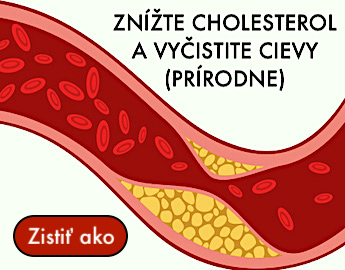
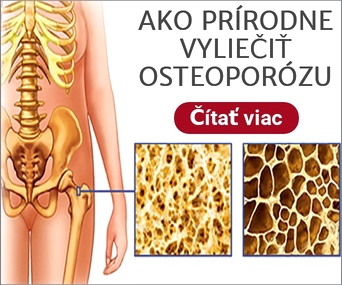
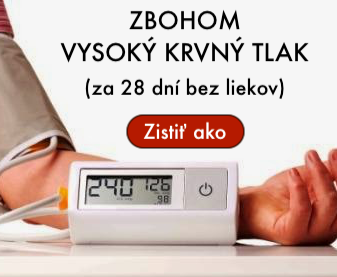

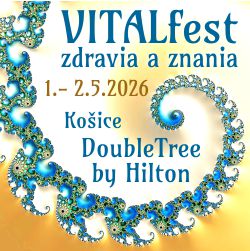
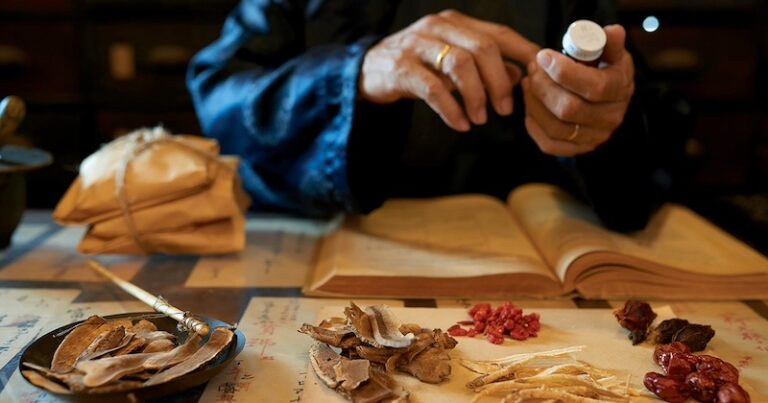
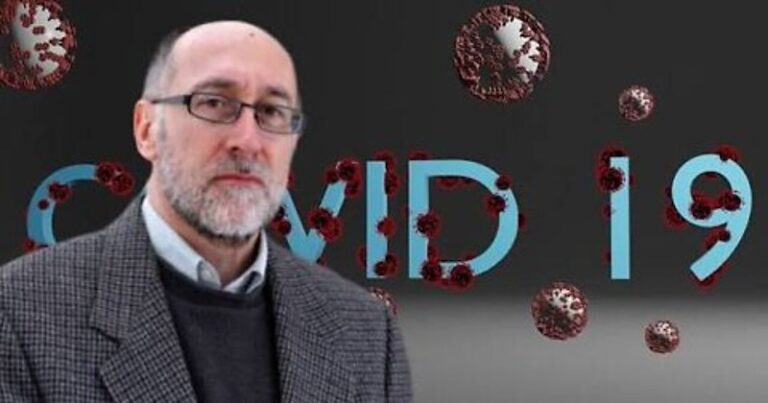
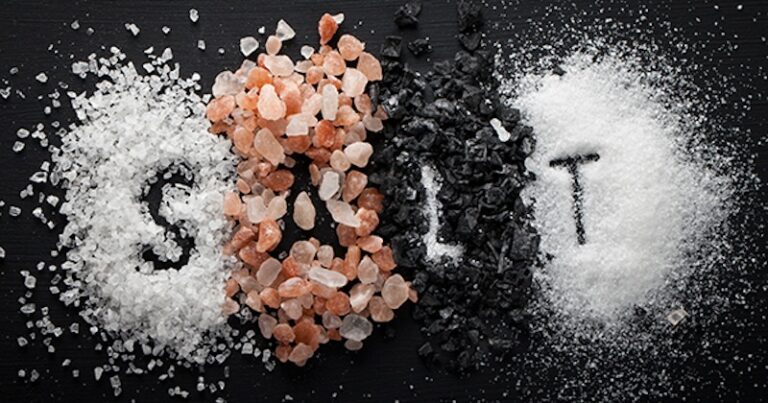
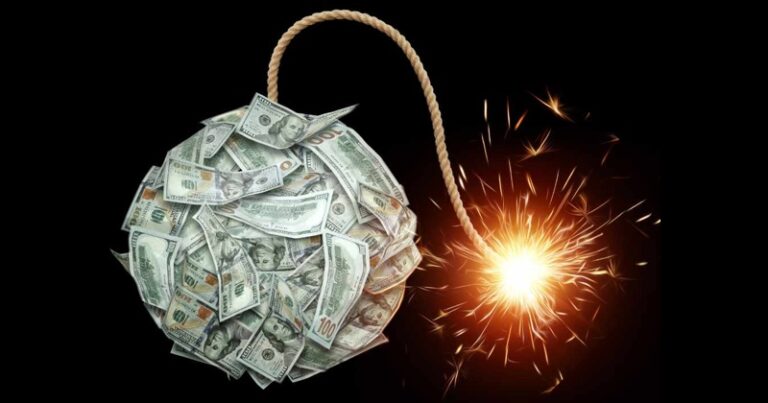
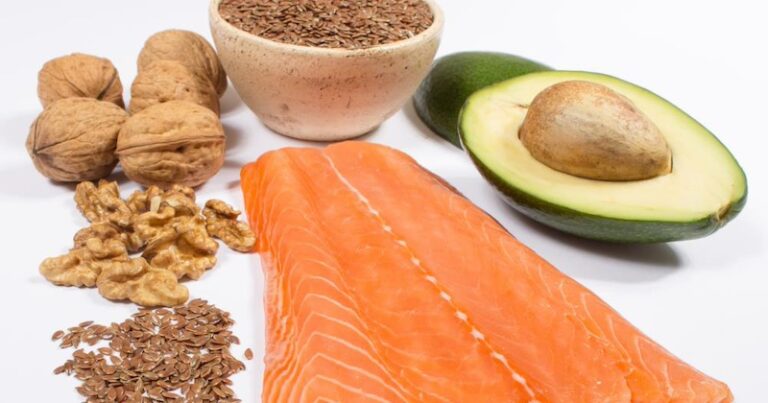
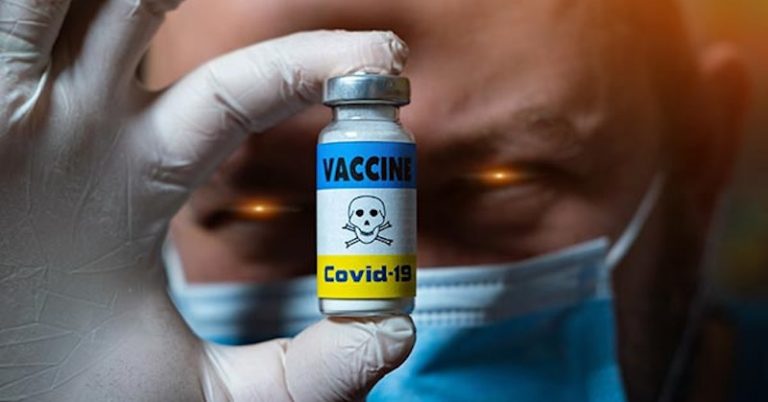
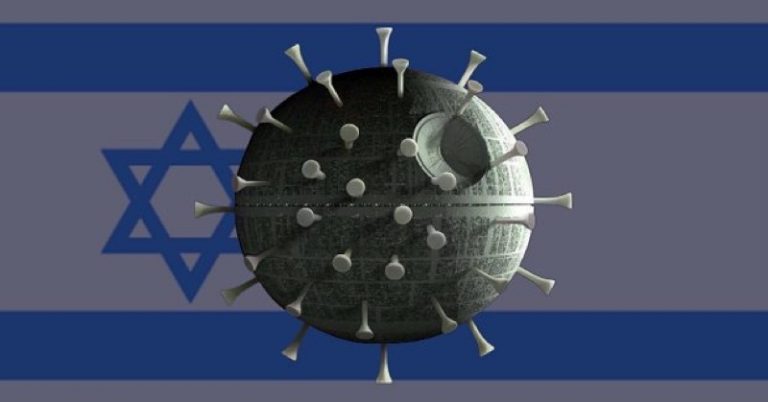


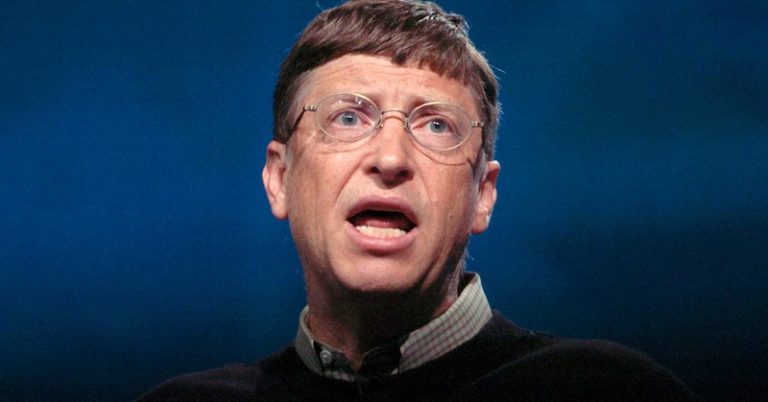

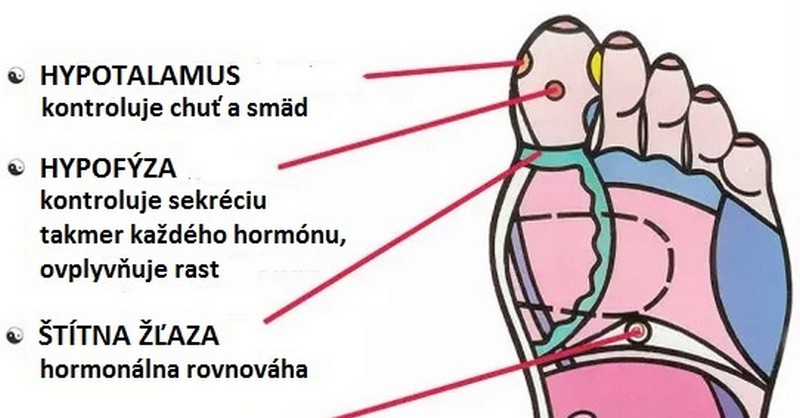

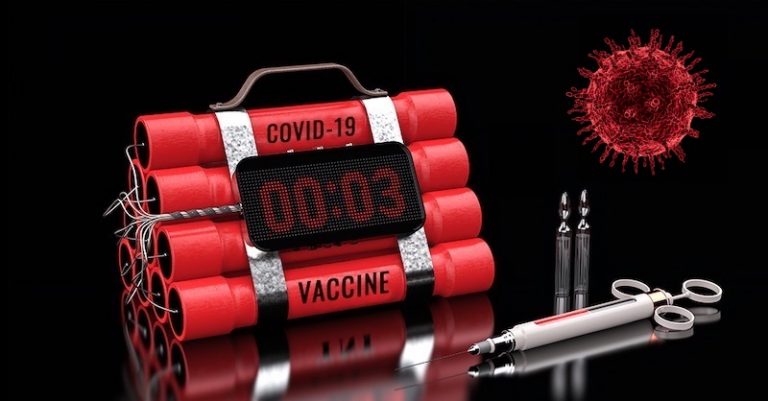
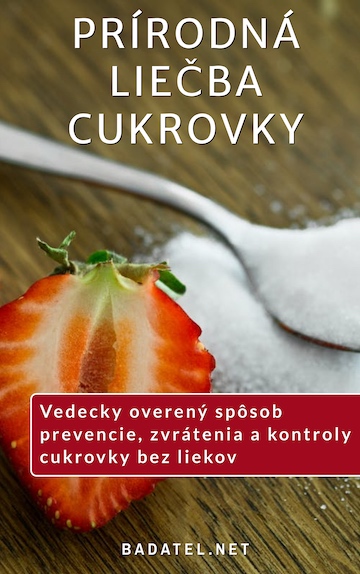
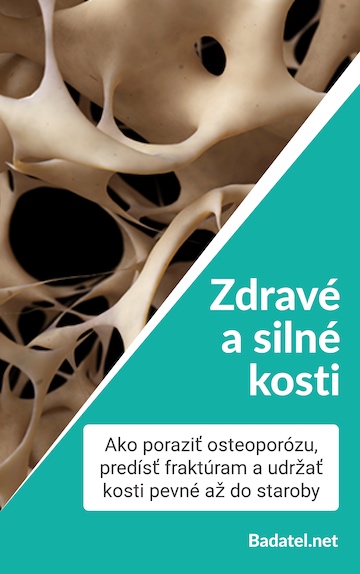
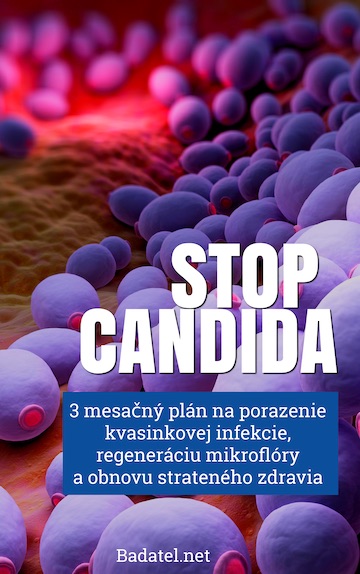
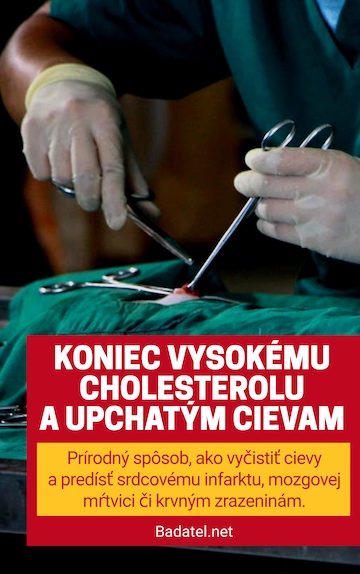
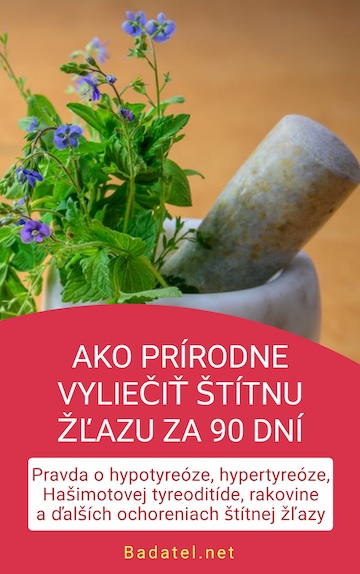
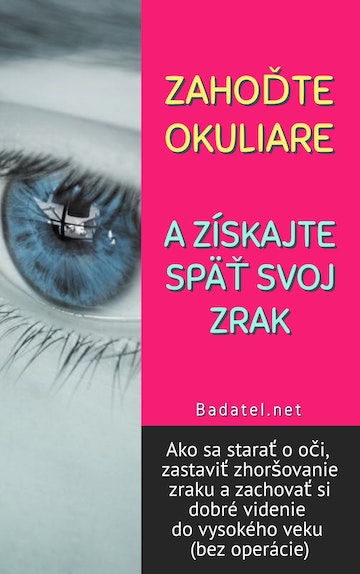
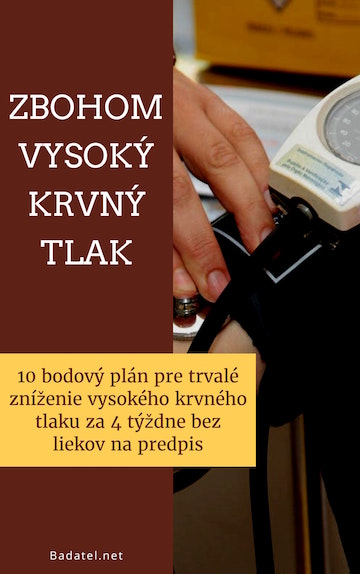
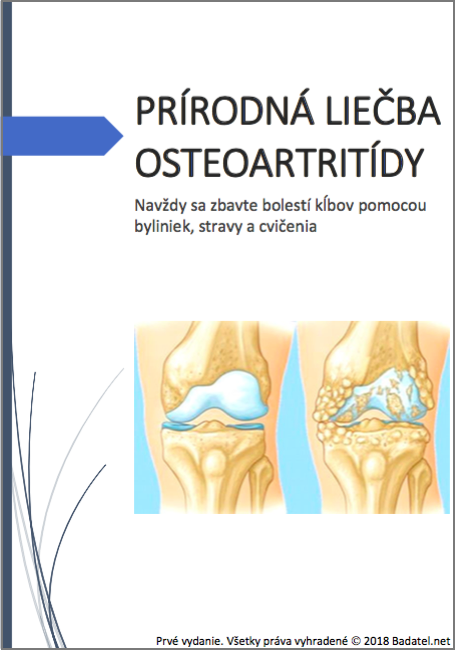
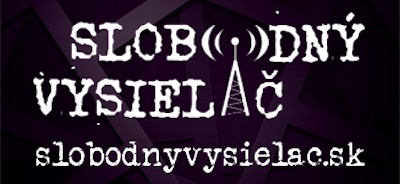

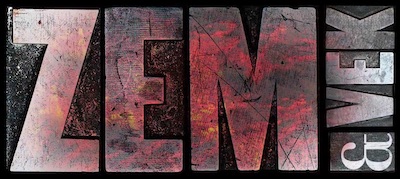
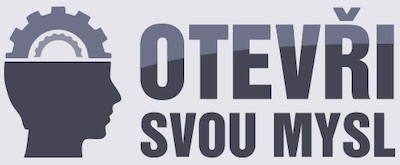



Pokud vás zajímá,jak Jinan pěstovat,podívejte se na články a návody na http://www.tropichukvaldy.cz